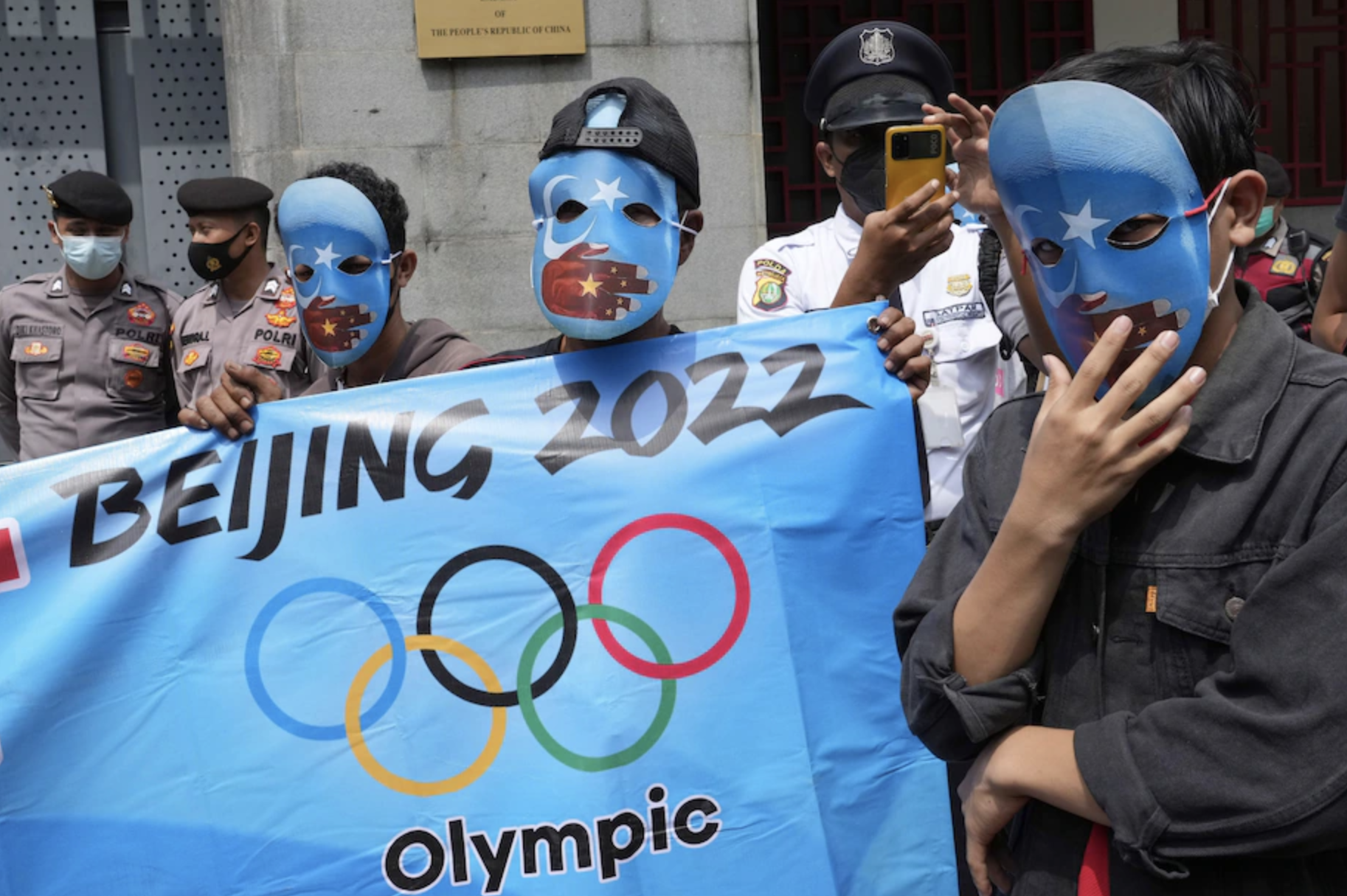In broad strokes, China’s stance falls in line with the International Olympic Committee’s (IOC) established rule against political protest at the Games. The IOC also announced before last year’s Summer Games in Tokyo that athletes who staged protests there would be punished, ignoring U.S. calls to allow respectful protest for human rights issues.
But China’s formulation of its rule appeared to be a shade stricter than the IOC’s, raising questions about how Beijing plans to interpret and enforce it. Rule 50 of the IOC charter forbids “demonstration or political, religious or racial propaganda” at Olympic venues. Yang said Tuesday that “speech” could be subject to punishment and cited Chinese law, which is far more restrictive than many countries’.
View original story

